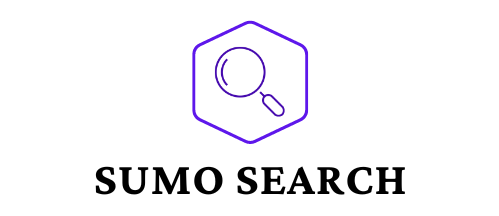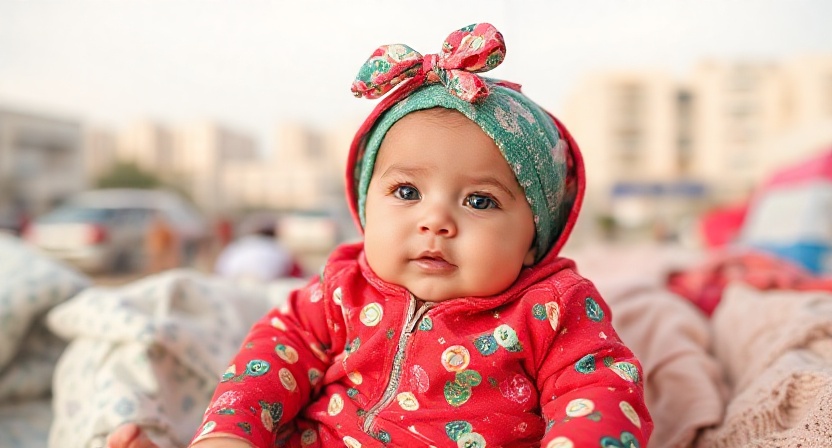When it comes to parenting and child development, understanding the age and milestones of your baby is crucial. One frequently searched term is “raq baby age” — a phrase that parents, caregivers, and enthusiasts often use to find information about the growth stages of babies related to the Raq community or brand. In this comprehensive article, we’ll explore what raq baby age means, key developmental stages, and tips to support your little one’s growth.
What Does “Raq Baby Age” Mean?
The phrase raq baby age can have different interpretations depending on the context. Generally, it refers to the age of babies associated with the “Raq” community, brand, or sometimes a cultural reference. For example:
-
Raq Baby as a Brand: If you’re searching for products or information related to the “Raq Baby” brand, the term helps you find age-appropriate items.
-
Raq Baby in Parenting: Parents look for age-specific advice for their babies, often searching “raq baby age” to understand developmental phases or milestones.
Understanding your baby’s age in terms of physical, cognitive, and emotional milestones can help you provide the right care and nurture.
Key Developmental Stages in Baby’s Growth
Knowing your baby’s age is more than just counting months — it’s about recognizing important developmental milestones that indicate healthy growth. Here are the main stages of a baby’s development, aligned with their age:
Newborn Stage (0-2 Months)
The first two months are critical. Babies in this age group are adjusting to life outside the womb. They:
-
Sleep for most of the day.
-
Start to recognize sounds and voices.
-
Begin basic reflexes like sucking and grasping.
Infant Stage (3-6 Months)
Between three and six months, babies become more alert and interactive. Key milestones include:
-
Holding their head up steadily.
-
Smiling and cooing.
-
Starting to reach for objects.
Older Infant Stage (7-12 Months)
From seven months onwards, babies become mobile and curious explorers. They typically:
-
Sit without support.
-
Crawl or scoot around.
-
Begin babbling and responding to their names.
Toddler Stage (1-2 Years)
Around their first birthday, babies become toddlers. This stage is characterized by:
-
Walking independently.
-
Speaking simple words.
-
Developing social skills and showing emotions.
How to Support Your Baby’s Development at Every Age
Understanding raq baby age helps parents provide age-appropriate care and activities. Here are some tips to help your baby grow healthy and happy:
Nutrition for Different Baby Ages
-
0-6 months: Exclusive breastfeeding or formula feeding is recommended.
-
6-12 months: Introduce solid foods gradually while continuing breastfeeding.
-
12 months and up: Balanced diet with a variety of fruits, vegetables, proteins, and grains.
Age-Appropriate Play and Learning
-
Newborns: Gentle touch, soothing sounds, and visual stimulation with high-contrast patterns.
-
3-6 months: Toys that encourage reaching and grasping, tummy time.
-
7-12 months: Interactive games, peek-a-boo, and safe crawling spaces.
-
Toddlers: Simple puzzles, storytelling, and outdoor play.
Monitoring Growth and Health
Regular pediatric check-ups are essential. Keeping track of your baby’s age and milestones ensures timely vaccinations and early detection of developmental delays.
Why Knowing Your Baby’s Age Is Important
Understanding Milestones
Every baby develops at their own pace, but age helps benchmark milestones. Knowing the raq baby age helps parents stay informed and prepared.
Personalized Parenting
Your baby’s age guides feeding schedules, sleep routines, and activity choices. Age-appropriate parenting improves your child’s physical and emotional well-being.
Choosing the Right Products
Whether it’s clothing, toys, or educational materials, knowing your baby’s age helps you select the safest and most beneficial products.
Common Questions About Raq Baby Age
What Is the Average Age for First Steps?
Most babies take their first steps between 9 and 15 months. This milestone depends on factors like muscle strength, coordination, and confidence.
When Do Babies Start Talking?
Babies usually start babbling around 4-6 months and say their first words near their first birthday.
How Can I Track My Baby’s Development?
Use baby milestone charts, apps, or consult your pediatrician to monitor progress according to age.
Conclusion
The keyword “raq baby age” highlights the importance of understanding your baby’s age in relation to their growth and development. By knowing the key stages and how to support your baby at each age, you ensure a healthy and happy childhood. Remember, every baby is unique, so celebrate their individual pace and enjoy the wonderful journey of parenting.





